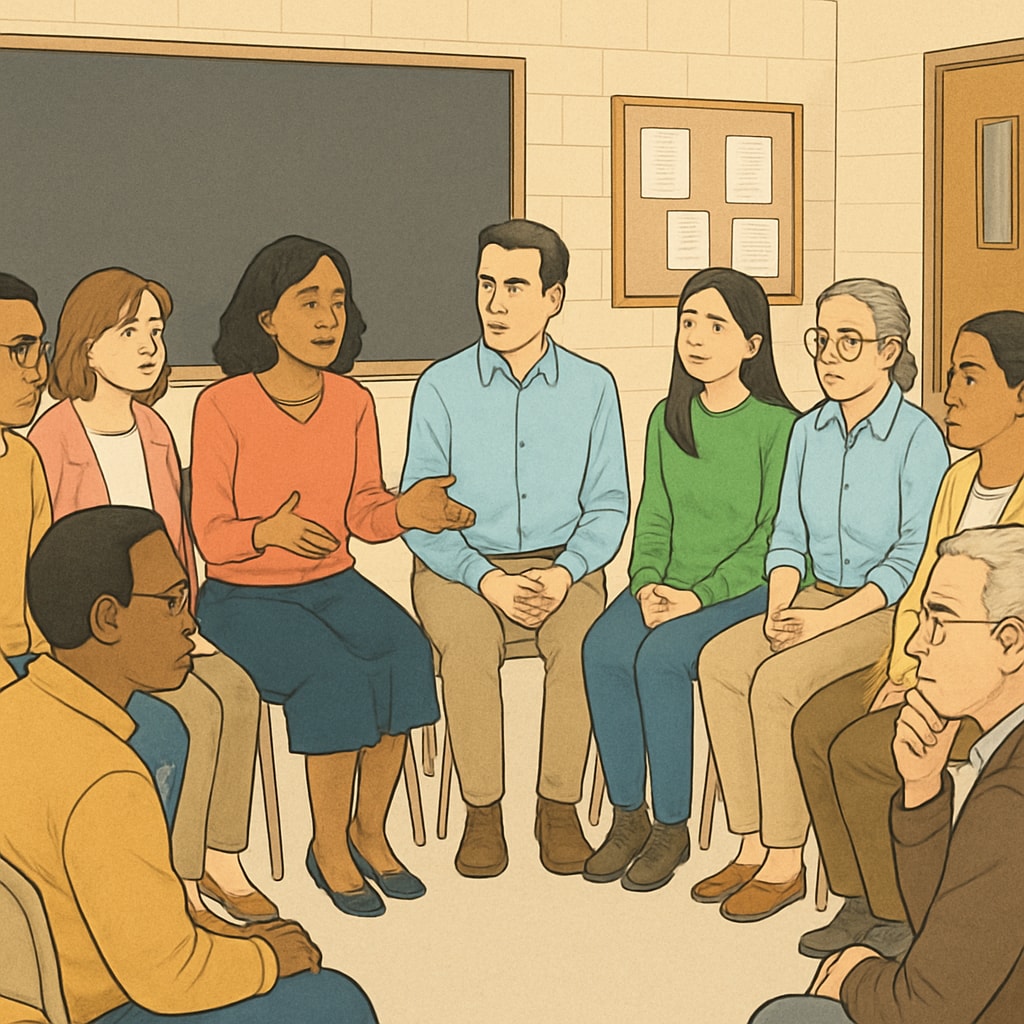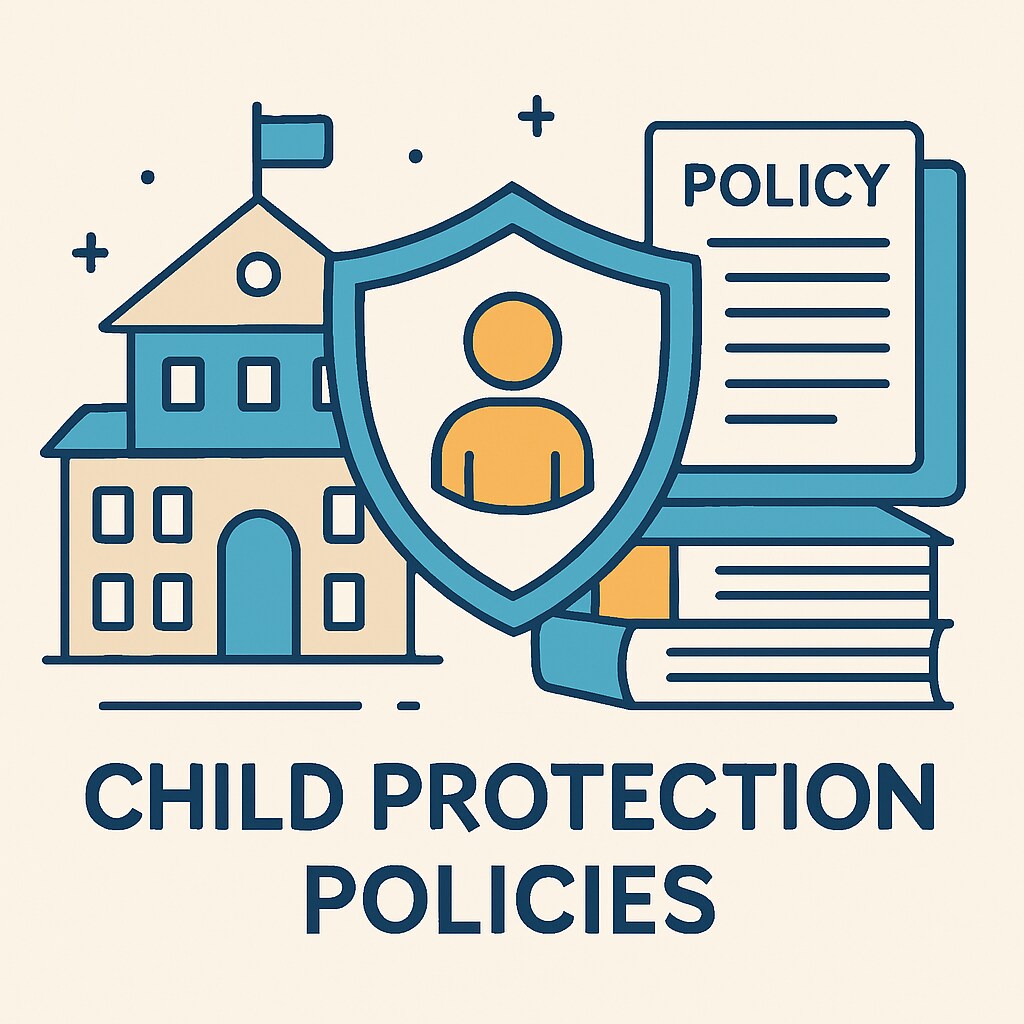The presence of individuals with a history of child abuse holding positions in school boards raises severe ethical and safety concerns. Such scenarios challenge the integrity of educational governance and prompt urgent community action. This article examines the core issues surrounding school board ethics, abuse histories, and how communities can mobilize to create safer environments for children.
Ethical Dilemmas in School Governance
School boards play a critical role in shaping educational policies and ensuring the welfare of students. However, when board members have a history of child abuse, it presents a profound conflict of interest. The very individuals tasked with safeguarding children may pose a potential risk to the very students they oversee. This not only undermines trust but also creates a moral contradiction in the governance of schools.
For example, public records revealing past abuse convictions can lead to widespread community outrage. Parents, educators, and stakeholders often question how such individuals were appointed and whether proper background checks were conducted. These ethical dilemmas highlight the need for stringent policies and transparent governance.

Community Concerns and Root Causes
The root of community concerns lies in the fundamental expectation that schools should be safe havens for children. When individuals with abuse histories occupy leadership positions, it jeopardizes that expectation. Parents worry about the precedent this sets and the potential ripple effects on students’ mental and physical health.
Additionally, the lack of awareness or enforcement of background checks often exacerbates the issue. In some cases, loopholes in legal frameworks allow individuals with questionable histories to bypass scrutiny. These systemic failures fuel community outrage and demand immediate reform.
Action Framework: Legal, Organizational, and Public Oversight
To address these concerns, a multi-layered approach is essential. Communities can take several steps to hold school boards accountable and ensure safer governance:
- Legal Procedures: Advocate for mandatory background checks and stricter vetting processes for school board members. Legislation can also impose disqualifications for individuals with abuse histories from holding educational governance roles.
- Community Organization: Establish local groups to monitor school board activities and raise awareness about ethical governance. These organizations can also act as watchdogs to ensure compliance with safety standards.
- Public Oversight: Encourage parents and concerned citizens to attend board meetings, voice their concerns, and demand transparency in decision-making processes.
Such frameworks can help foster trust and accountability in the education system. For example, child protection laws and education governance standards provide valuable resources for communities seeking actionable solutions.

Why Public Awareness Matters
Public awareness is a powerful tool in community action. When parents and educators are informed about the risks and ethical concerns, they are better equipped to advocate for change. Media campaigns, town halls, and social media activism can amplify voices and ensure that school boards prioritize child safety above all else.
Moreover, informed communities can push for reforms that prevent future governance failures. Education about the importance of ethical leadership in schools is vital to maintaining a secure learning environment for children.
Readability guidance: Use clear and concise language to convey complex ethical concerns. Incorporate short paragraphs, lists, and transition words to enhance flow and accessibility for a broad audience.


